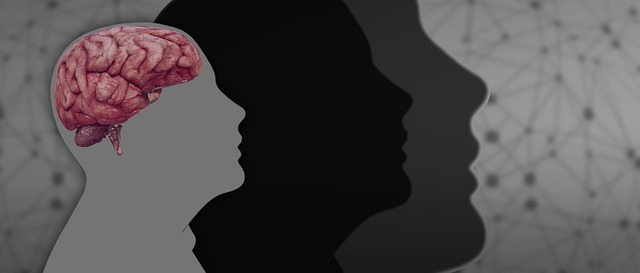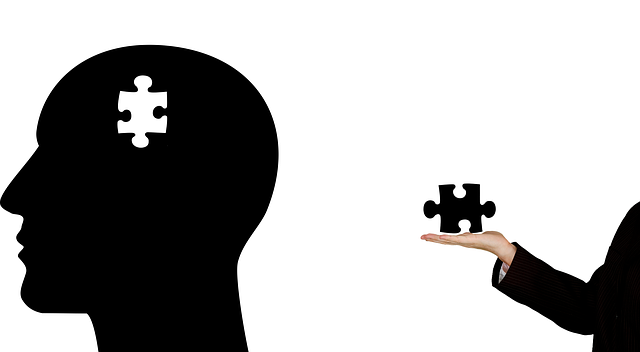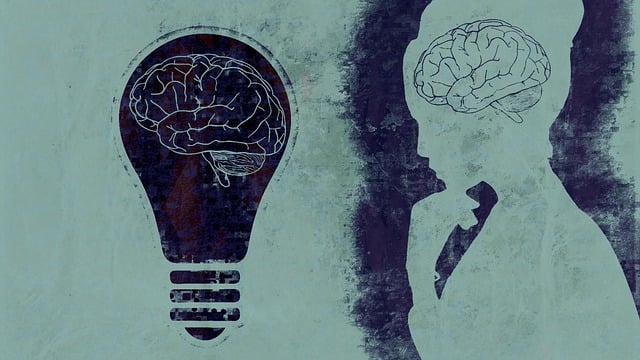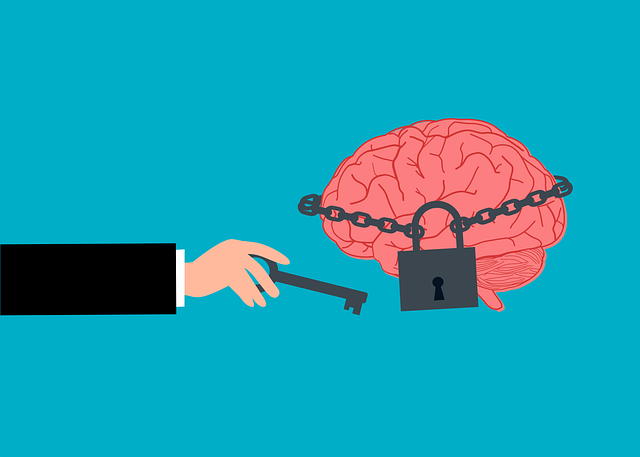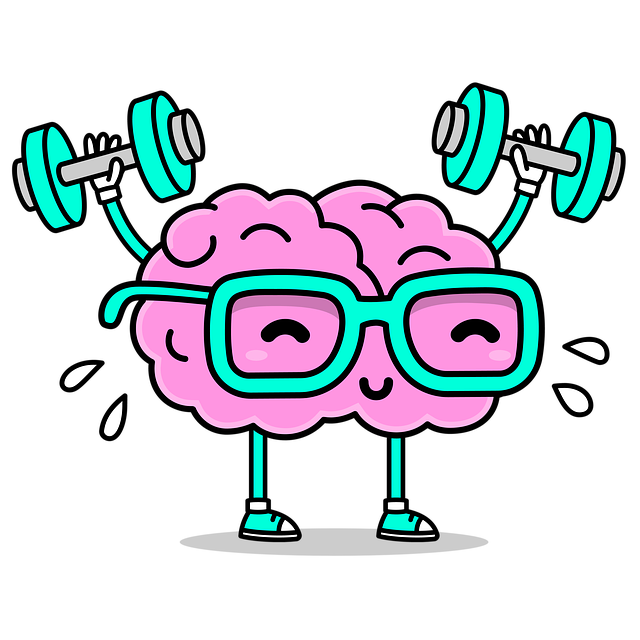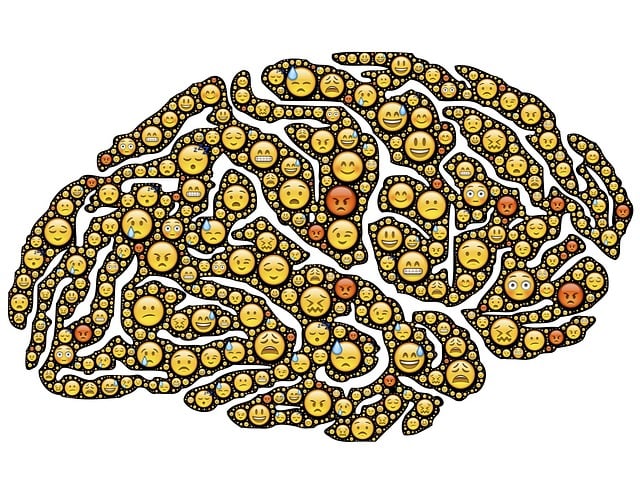Postpartum depression (PPD) is a common yet overlooked mental health issue in new mothers, characterized by persistent sadness and hopelessness. Digital therapy apps offer accessible counseling, mindfulness exercises, and personalized programs to manage PPD symptoms from home. An ideal app provides evidence-based coping strategies, professional sessions, peer support, education, and crisis intervention, while adhering to ethical guidelines and prioritizing user privacy. These tools empower mothers to take proactive steps for their mental well-being, complementing traditional therapy options.
In today’s digital era, mental wellness app development has emerged as a powerful tool for addressing perinatal mental health, particularly focusing on postpartum depression (PPD). This article delves into the comprehensive guide to understanding PPD, exploring its symptoms and profound impact on new mothers. We uncover the potential of digital therapy in treatment and highlight key features for an effective mental wellness app. Additionally, development considerations and ethical guidelines are discussed to ensure innovative yet responsible solutions for PPD support, emphasizing the importance of therapy for postpartum depression.
- Understanding Postpartum Depression: Symptoms and Impact
- The Role of Digital Therapy in Treatment
- Key Features for an Effective Mental Wellness App
- Development Considerations and Ethical Guidelines
Understanding Postpartum Depression: Symptoms and Impact

Postpartum depression (PPD) is a common yet often overlooked mental health challenge that can significantly impact new mothers. It’s more than just feeling temporarily sad or exhausted after giving birth; it’s a severe mood disorder characterized by persistent feelings of sadness, anxiety, and hopelessness. The symptoms can manifest in various ways, affecting a woman’s ability to care for herself and her baby.
Some key indicators include extreme fatigue, changes in appetite and sleep patterns, difficulty concentrating, feelings of guilt or worthlessness, and recurrent thoughts of death or suicide. Many women also struggle with emotional intelligence and find it challenging to manage stress effectively. Engaging in self-care practices like exercise, mindfulness meditation, and connecting with support networks can be crucial in mitigating these symptoms. Accessing therapy for postpartum depression, whether through counseling, psychotherapy, or specialized programs, is essential for recovery and the overall well-being of both mother and child.
The Role of Digital Therapy in Treatment

Digital therapy has emerged as a powerful tool in the realm of mental wellness app development, offering innovative solutions for various conditions, including postpartum depression (PPD). In today’s digital era, online platforms provide accessible and discreet support to individuals seeking treatment from the comfort of their homes. Through interactive features like virtual counseling sessions, guided mindfulness exercises, and personalized therapy programs, these apps cater to a diverse range of user needs.
The integration of technology in mental health care enables continuous engagement with therapeutic interventions. For instance, journaling prompts within apps encourage self-reflection and emotional awareness, fostering effective coping strategies. Additionally, crisis intervention guidance can be readily accessible, providing immediate support during acute episodes. Such digital solutions not only supplement traditional therapy but also offer a sense of empowerment, making self-care practices more manageable and inclusive for those experiencing PPD or other mental health challenges.
Key Features for an Effective Mental Wellness App

An effective mental wellness app should incorporate several key features to cater to a wide range of users and their unique needs. Firstly, it must offer personalized therapy sessions tailored to specific mental health conditions, such as postpartum depression, providing evidence-based coping strategies and support. These sessions can include guided meditations, cognitive behavioral therapy (CBT) techniques, and mindfulness exercises, all accessible at the user’s convenience.
Additionally, integrating features for stress management workshops and emotional healing processes is vital. This could involve hosting live or recorded sessions led by mental health professionals, enabling users to learn and practice healthy coping mechanisms. The app should also prioritize community engagement by facilitating peer support groups where individuals can connect, share experiences, and offer encouragement, fostering a sense of belonging. Incorporating mental health education programs within the design encourages self-awareness and empowers users to take charge of their emotional well-being.
Development Considerations and Ethical Guidelines

When developing a mental wellness app, especially one focused on therapy for postpartum depression (PPD), it’s crucial to consider several key factors that ensure its effectiveness and ethical soundness. App developers must adhere to Crisis Intervention Guidance, recognizing the sensitivity of the topic and the potential for users to be in distress. Integrating Inner Strength Development techniques can empower users to manage their mental health proactively. Communication Strategies are vital; clear, empathetic messaging and user interface design foster a safe space for expression.
Ethical guidelines should encompass data privacy and security, transparency about app limitations, and ensuring that the therapeutic elements are evidence-based. Developers must avoid making medical diagnoses or providing substitute care for professional therapy. Instead, they should focus on offering supplementary support while encouraging users to seek help from qualified healthcare professionals when needed.
Mental wellness apps have the potential to revolutionize therapy for postpartum depression by providing accessible and personalized support. By incorporating evidence-based practices and key features, such as mood tracking, mindfulness exercises, and connected communities, these applications can significantly impact a new mother’s mental health journey. However, developers must adhere to ethical guidelines and consider the unique needs of this vulnerable population to ensure safety and efficacy. With proper navigation through development considerations, mental wellness apps can become powerful tools, fostering healing and resilience among those facing postpartum depression.

